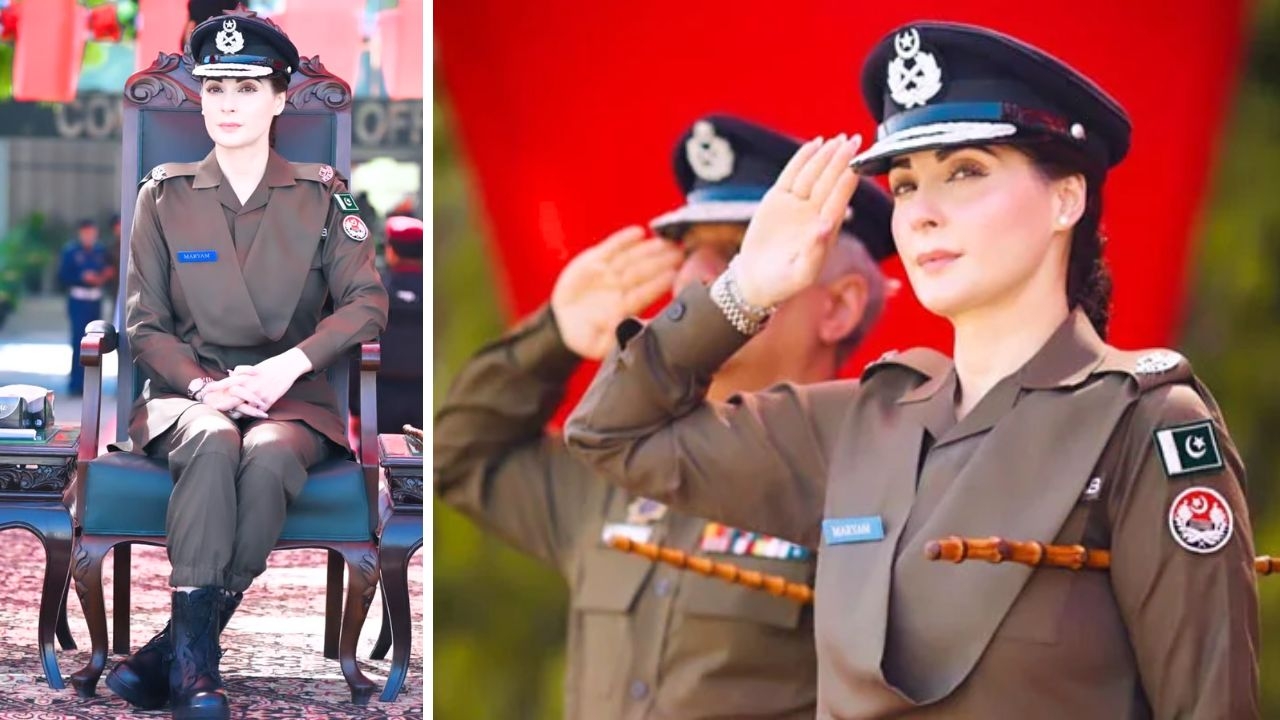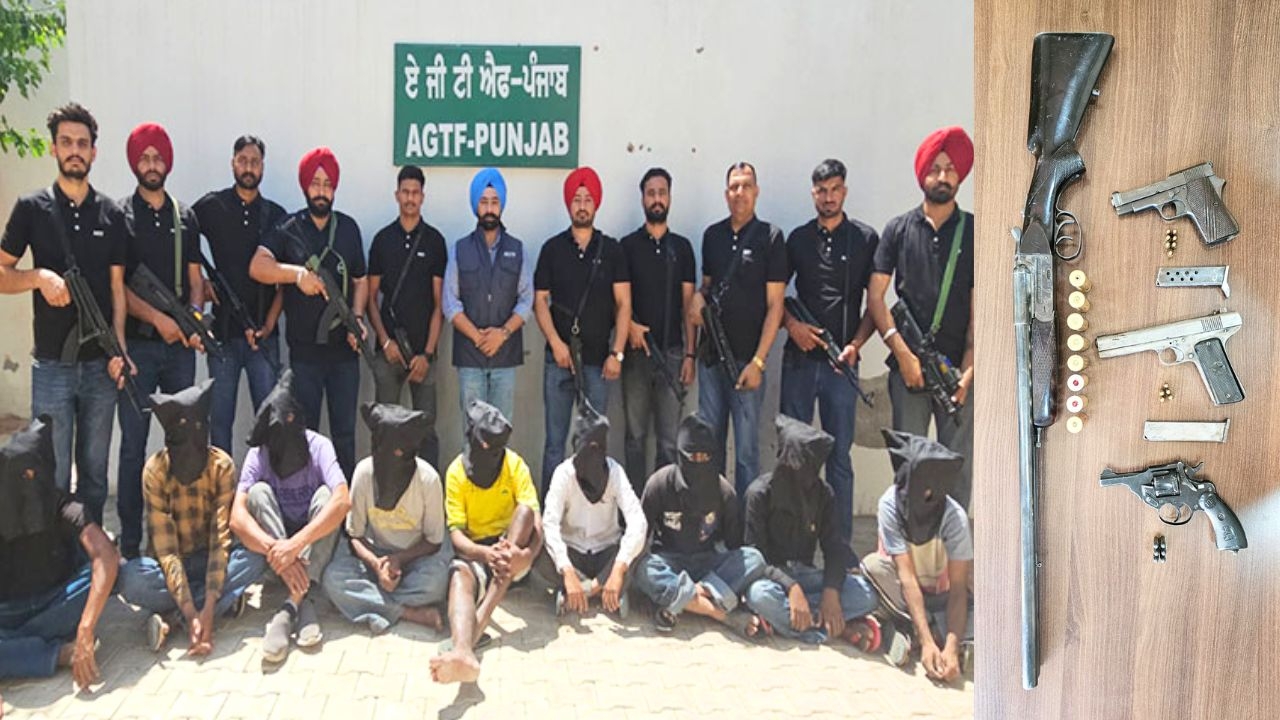Finding Pinto - how Em and the Big Hoom came to me when I needed it most
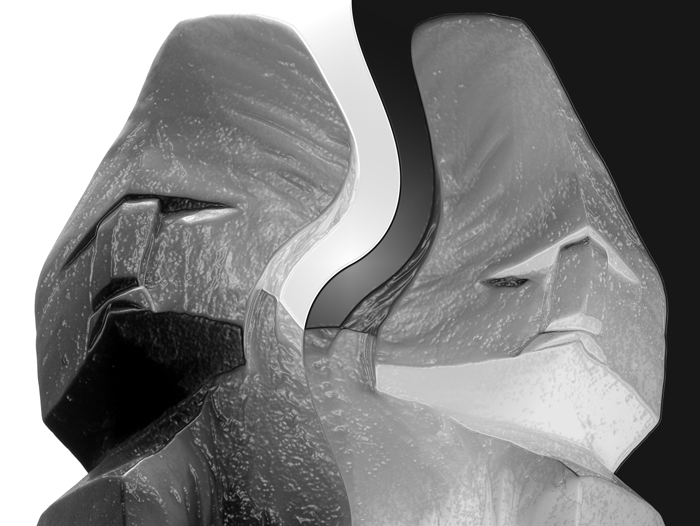
I met Jerry Pinto at this year's Jaipur Literature Festival. I hadn't read any of his books at the time. I owned Em and the Big Hoom, but hadn't gone past liking the cover.
On this JLF afternoon, Jerry Pinto was lying around idly. His feet on somebody else's chair, he was wearing somebody else's name tag, and looked bored enough for me to approach him.
I began by pointing out that I hadn't read his book.
He laughed. "Don't poison the act of reading. Read it when it comes to you."
Also read: Roxane Gay's new book is important because she started writing it fat. And she still is
It was a silly conversation. Meaning very little to both of us.
Except it's been a month since the conversation. And in that month, the book did come to me. It came in the form of a friend. Whose mother, like Pinto's, struggles with manic depressive disorder.
Even unlikelier, the same month, the book came back to Pinto. He was awarded Yale University's $150,000 Windham-Campbell Prize. That too, an unlikely four years after the book was released.
And he was right
Eight years ago, my friend came home from school to find her mother insisting she was God.
This friend was fifteen at the time. She couldn't make any sense of it. With her ordinarily quiet and gentle mother hollering divine assertions to house-help and family, she reached the conclusion that her mother had gone mad, her life was never going to be the same again and her childhood was over.
She was wrong. Therapy and medication eventually helped her family survive it.
It took time, and over the years, the family began to make peace with both - memories of the episode and living with the disorder.They gradually developed ways of dealing with the minor attacks that became a part of their lives.
With resolution in sight, my friend thought it was time to attempt catharsis.
So she finally began Em and the Big Hoom, Jerry Pinto's narration of growing up with a manic-depressive mother. An hour into the book, she exclaimed:
The Big Hoom said exactly what my dad says: Fight your genes! He says it all the time. Fight your genes!
She couldn't believe she'd found such a kinship. That someone had articulated with such precision her own life experiences:
The worry of not knowing what awaits behind the door when you come home from school. Tiptoeing around her mother's bedroom uncomfortably. Speaking in whispers. Being an audience to her manic performances in the kitchen. The stale smell of cigarettes that lingered after an attack. It was all too familiar.
If I wanted to be a better friend, I had to read it too. So I did - and, that's how, weeks after Pinto had suggested it would, the book came to me.
Chance can move mountains too
My friend's mother had her second big attack - the worst in eight years - last week. Three days after we finished the book.
Also read: Hot Feminist is a book no-one should read. Especially feminists
But for the first time, my empathy was informed. Pinto had allowed me a window into what she was experiencing. And so, I could help more than I had ever been able to before. Even if only a bit.
Great Big Waves of good luck
With the announcement of the Windham-Campbell Prize yesterday, I called Pinto. He remembered our conversation from one month ago. I told him how the book came to me, and how it helped both of us on the night of the attack. We marvelled at how prescient his words at JLF were.
We discussed the happy incidence of the award, which he attributes, largely, to luck. "Thousands of books are nominated and there's one winner. Honestly, it's only partly because I wrote a good book. The bulk of it is immmmmmensity of chance."
And, as a long, feeling, Facebook post illuminates, the fact that he wrote a good book is also a function of the same chance.
An agent insisted he must write a book, or she would "stop talking to him". Another friend introduced him to a table of authors at a party. He forced a copy of the book into the hands of Pankaj Mishra, who happened to read it, and happened to recommend it to his wife - that's how his book got published internationally, and that's how he happened to get nominated for the award. Dozens of people contributed to his great, big, wave of luck. The ripples of which found us when we needed them most.
"Awards don't come every weekend," he laughs. "But this is what's really worthwhile: how we met and how you read the book."
He pauses for a moment. "That is truly what's very nice."
One week after that.
.I've learnt about manic-depressive disorder. I've stayed awake all night, replaying the book in my head, worrying about a friend. I've toyed with the idea of writing about the book, the disorder and the friend.
But there wasn't any occasion. Em and the Big Hoom is four years old and one doesn't write about a book four years old without a compelling reason.
Yesterday, that reason presented itself.
Also read: Jhumpa Lahiri has a curious kinship with Biswa Kalyan Rath. Neither knows it yet





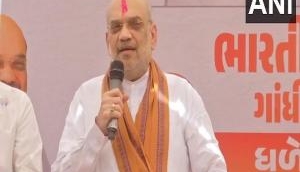
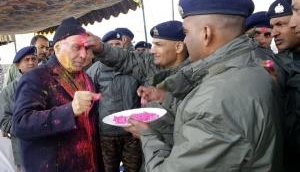
![BJP's Kapil Mishra recreates Shankar Mahadevan’s ‘Breathless’ song to highlight Delhi pollution [WATCH] BJP's Kapil Mishra recreates Shankar Mahadevan’s ‘Breathless’ song to highlight Delhi pollution [WATCH]](http://images.catchnews.com/upload/2022/11/03/kapil-mishra_240884_300x172.png)

![Anupam Kher shares pictures of his toned body on 67th birthday [MUST SEE] Anupam Kher shares pictures of his toned body on 67th birthday [MUST SEE]](http://images.catchnews.com/upload/2022/03/07/Anupam_kher_231145_300x172.jpg)




